The Massive Danger in Training on A Sleep-Deprived Body
Finished 100 squats? Nailed 50 jumping jacks? Spent an hour mastering yoga poses? Pat yourself on the back!
But hold on a moment. Were you sleep-deprived while accomplishing all these feats?
Uh oh! Your body seems unhappy! Wondering why?
Let’s discuss sleep deprivation, exercise, and why they’re a bigger deal for your body than you might think.
Why Sleep Matters?
Because sleep is the most powerful drug with zero side effects!
I have always asked people to value sleep more than anything, emphasizing not to ignore nutrition, exercise, and emotional wellness.
Why?
Resting and sleeping is a phase wherein the body moves into the parasympathetic nervous system from the sympathetic nervous system which is quite important for healing, growth, and recovery.
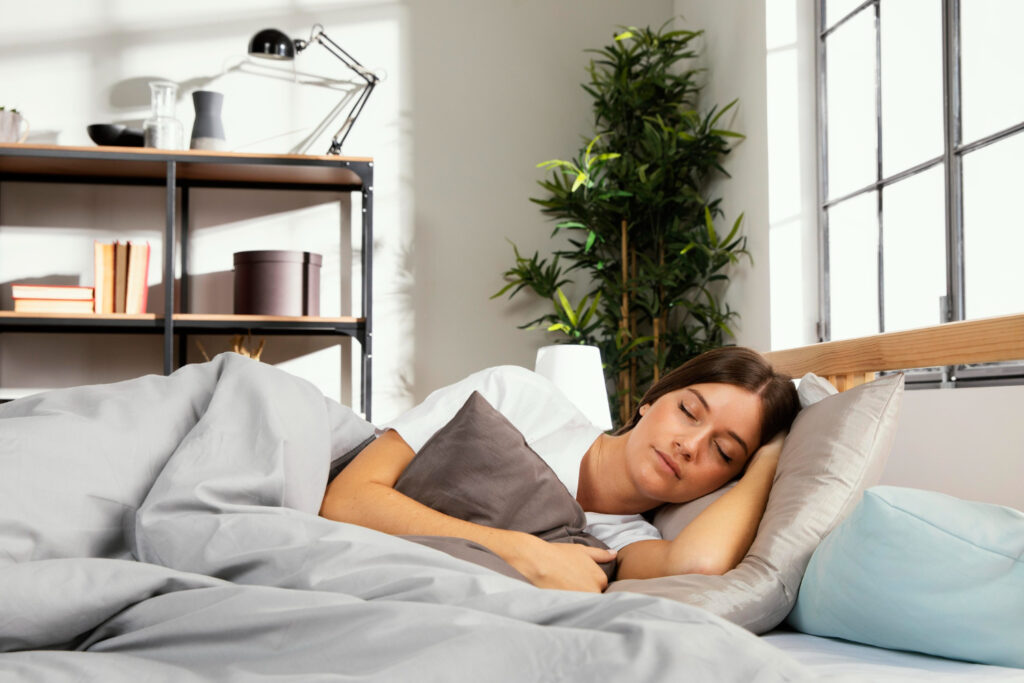
For instance, it helps in reducing blood pressure, and heart rate, regulating body temperature, balancing hormones, and even carrying out detoxification at the cellular level.
But with all the buzz about trends and fads, it’s easy to brush aside something as basic as sleep.
Here’s the thing: When you don’t get enough sleep, your body goes haywire. Hormones get out of whack, leading to problems like menopause troubles, PCOS, and even trouble conceiving. Plus, your body’s detox system takes a hit, leaving you feeling sluggish and bogged down by toxins.
Due to a hectic lifestyle, most of us suffer from compromised sleep, which has been scientifically and medically proven to lead to many problems:
- Decreased metabolic rate
- Increased activity in the sympathetic nervous system
- Disables the circadian rhythm
- Proinflammatory responses
- Increased stress
- Somatic pain
- Reduced quality of life
- Emotional distress
- Mood disorders
- Cognitive, memory, and performance deficits
Along with these problems, some of the long-term and serious effects of sleep deprivation are:
- Hypertension
- Dyslipidemia
- Cardiovascular disease
- Weight-related issues
- Metabolic syndromes
- Type 2 diabetes
- Colorectal cancer
But what’s the deal with workouts and sleep deprivation?
Imagine you’re all pumped up for a killer workout. But guess what? Your body is running on empty because you didn’t catch enough Zzzz’s last night.
Sure, you might push through, but it’s like trying to run on fumes.
- Your body struggles to keep up, and it puts extra strain on your heart, leading to inflammation and other conditions.
- Many of the heart attacks and cardiac arrests occurring today can be attributed to various factors. However, a significant correlation that often goes unnoticed is between sleep deprivation and these cardiovascular events.
Further, sleep deprivation isn’t just about feeling groggy in the morning—it can have serious consequences for your waistline too. Here’s how:
- Hormonal imbalance: Sleep deprivation disrupts the delicate balance of two key hormones: Leptin and Ghrelin.
- Leptin: This hormone signals to your body that you’re full, helping to regulate appetite and prevent overeating.
- Ghrelin: On the other hand, Ghrelin triggers feelings of hunger, prompting you to eat.
When you don’t get enough sleep, ghrelin goes up, leading to increased hunger and cravings, and leptin goes down, making it harder to feel satisfied after meals.
Result? Your appetite is stimulated, and you find yourself reaching for snacks even when you’re not truly hungry.

A super way to gain excess body fat. Who’s at a loss?
You see, when you start prioritizing quality sleep, a whole bunch of problems magically start to vanish. Forget about popping pills or supplements—just get yourself some good quality sleep, and watch things fall into place.
Now, I know what you’re thinking: “But I love my intense workouts! I can’t sacrifice them for sleep!”
Hold your horses, my friend!
It might seem like a badge of honor, a testament to your dedication. But it’s not. It’s a badge of foolishness and ego.
You might get away with it once or twice, but there’s a tipping point—a point where your body says, “Enough is enough.” And when you push past that point, things can turn dangerous, even fatal.
So why isn’t sleep given the spotlight it deserves?
Why do we keep falling for the illusion of shortcuts? Why do we reach for caffeine pills or energy drinks instead of addressing the root cause of our fatigue?
- It’s simple: Convenience sells. Businesses profit off our willingness to sacrifice our health for the sake of convenience and instant gratification.
- But here’s the hard truth: There are no shortcuts to true health. You can’t cheat your way to longevity or vitality. You have to put in the work, and that starts with prioritizing sleep.
The next time you’re feeling overwhelmed, pushing yourself through intense workouts will only exacerbate the problem.
Instead, swap out those high-intensity sessions for gentler activities like yoga, swimming, or leisurely walks.
Let’s talk about lifestyle changes for sleep deprivation.
Here are some of the lifestyle changes that have worked wonders for my clients who struggled with sleep deprivation:
- Reset your circadian rhythm: Choose a consistent bedtime and wake-up time, like 7 AM. Regardless of when you go to bed—whether it’s 10 PM, 2 AM, or 4 AM—commit to waking up at 7 AM. While this adjustment may initially leave you feeling groggy and fatigued during the day, avoid the temptation to nap in the afternoon. Stick to your chosen bedtime and wait until then to rest. Repeat the process the following day by waking up at 7 AM again. Stay dedicated, as it may take time for your body to adjust fully.
Download our free digital copy of “A New Way of Living” to learn more about the circadian rhythm.
- A pitch-dark room: Create a pitch-dark environment in your bedroom before bedtime. Turn off all electronic devices that emit blue light and consider using blackout curtains to block out external light sources. If the light still seeps through, try using an eye mask for complete darkness, promoting the release of melatonin, the sleep-inducing hormone, and signaling to your body that it’s time to rest.
- Connect with natural light: To reset your body’s internal clock, start your day by exposing yourself to natural light. Simply lift your curtains slightly and bask in the sunlight, preferably before sunrise. This practice boosts your circadian rhythm and melatonin levels, aiding better sleep at night. Avoid blue light sources in the morning, as they can disrupt your system, but embrace natural light for optimal benefits.

- Try L.S.D: It’s not what you’re thinking! L.S.D. stands for Long Slow Deep breaths. By practicing this technique, you can slow down your breath inhalation and exhalation, effectively activating your parasympathetic nervous system (PNS)—the state your body needs to be in for sleep to kick in. Give it a try and experience the difference for yourself!
Other ways to improve sleep patterns:
- Chamomile tea
- Tryptophan supplements (under the guidance of an expert)
- Melatonin (under the guidance of an expert)
- Shut off all electronic gadgets 30 minutes before bedtime
- Journaling your thoughts before you sleep
- Being active, as opposed to being sedentary, throughout the day
- Box breathing (inhale – 4 counts, hold – 4 counts, exhale – 4 counts, hold- four counts, and then repeat the cycle). You can also try 4-7-8 breathing (inhale – 4 counts, hold your breath – 7 counts, exhale – 8 counts.)
- Other breathing exercises like Pranayama – Anulom Vilom, Bhramari (Bee Breathing), and Left nostril breathing/Moon breathing (Chandra Bhedana) may also help. Learn more about them here.
You may also want to follow these pre-bedtime rituals for a deep and sound sleep.
Also explore Luke’s recommended products on You Care Lifestyle to help with sleep deprivation.
At the end of the day, it’s all about balance. Think of your body as a finely tuned instrument, with various systems working in harmony.
When you’re sleep-deprived, you’re already tipping the scales towards stress. Don’t push it further by overexerting yourself with strenuous workouts.
Prioritize your sleep, prioritize your health
Remember that sleep is not just a luxury; it’s a necessity for optimal health and well-being.
So the next time you lace up your sneakers for a workout, make sure you’ve given your body the rest it deserves.
Take a moment to breathe deeply, activate your parasympathetic nervous system, and embrace the power of sleep. Additionally, let’s not overlook the importance of good cellular nutrition and emotional well-being!
Together, let’s make sleep a priority in our lives!
Are you struggling with your workout and sleep routine?
Let our Wellness Program help you integrate a healthier lifestyle effortlessly into your schedule.
You can also set up a one-on-one consultation with our integrative team by reaching out to us at 1800 102 0253 or writing to us at consults@lukecoutinho.com.
|
From a pimple to cancer, our You Care Wellness Program helps you find a way Talk to our integrative team of experts today 18001020253 |

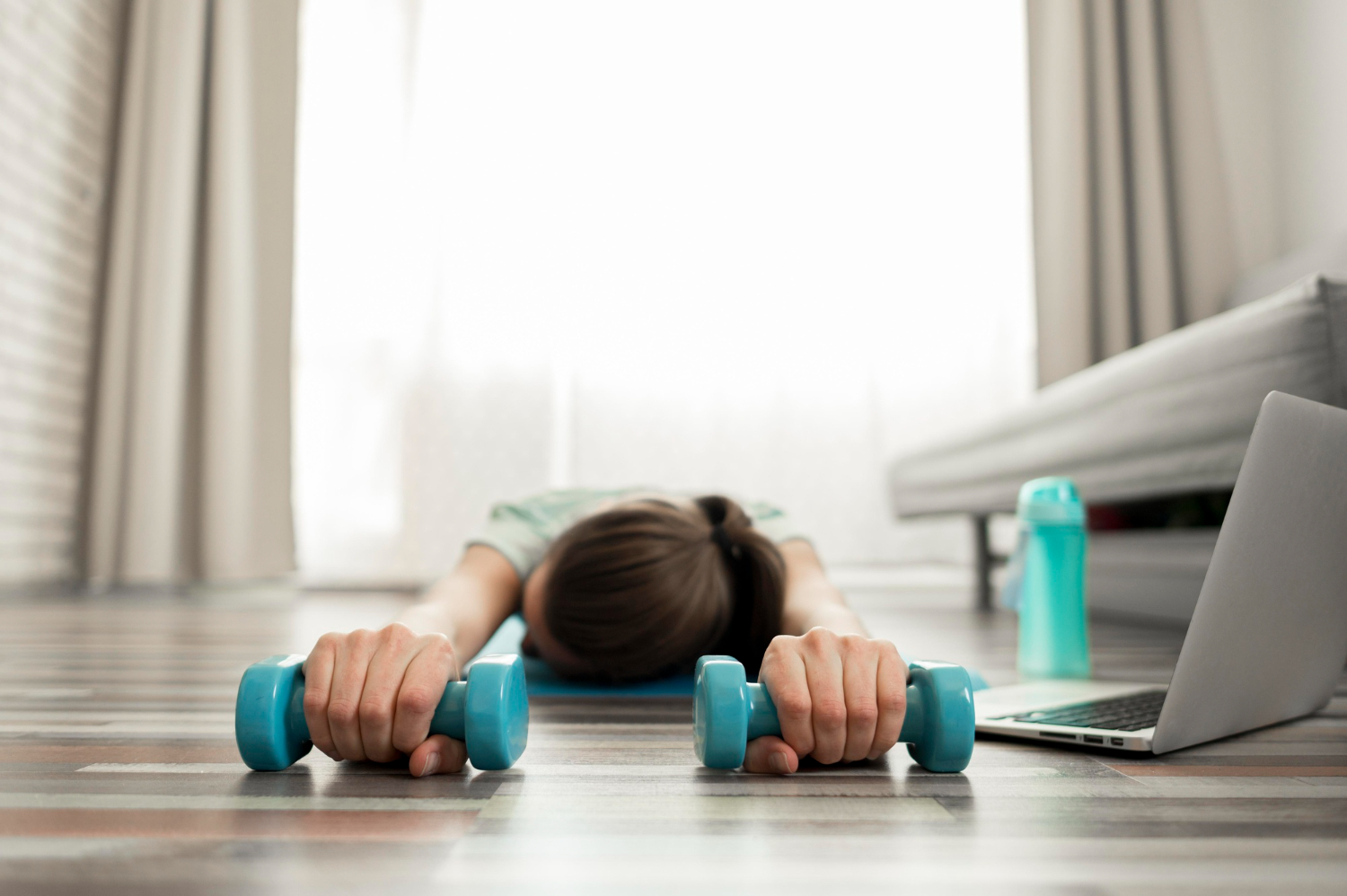
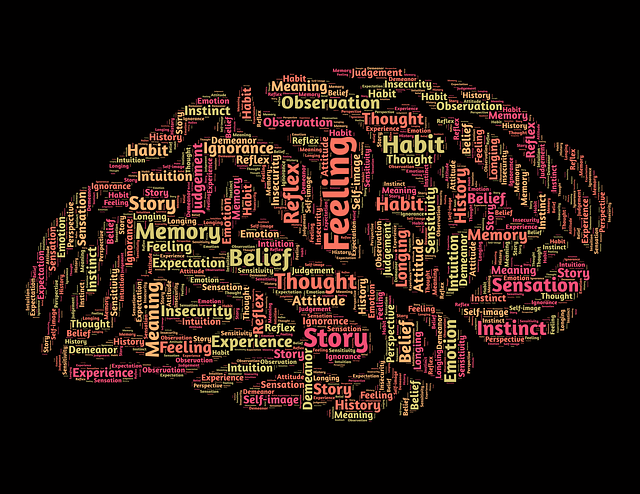

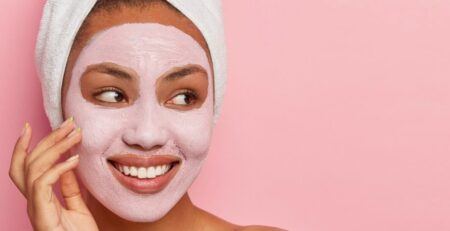


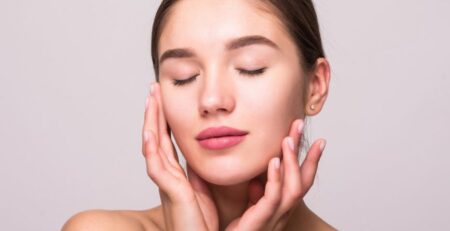
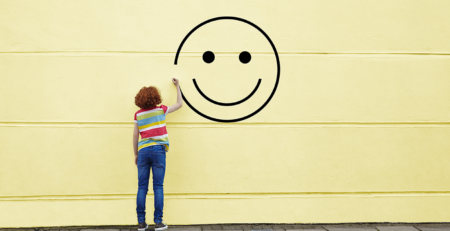

Leave a Reply